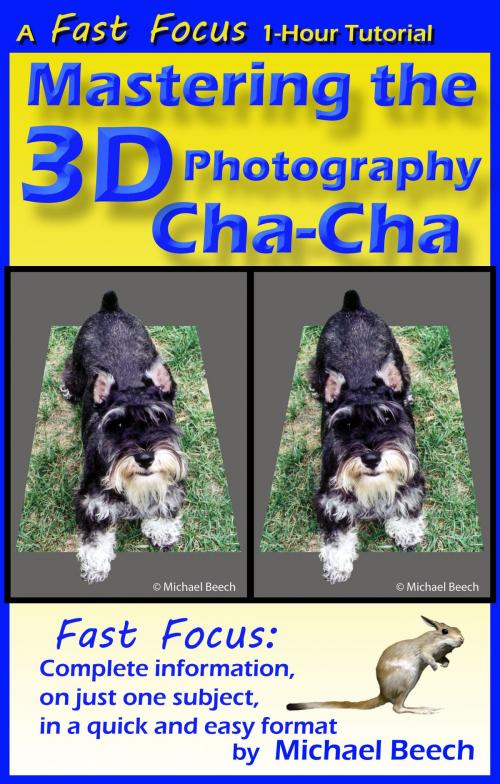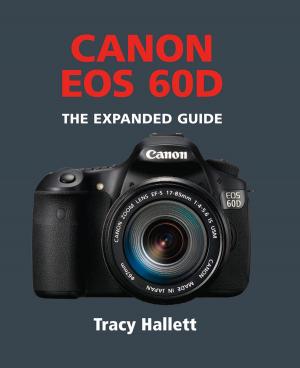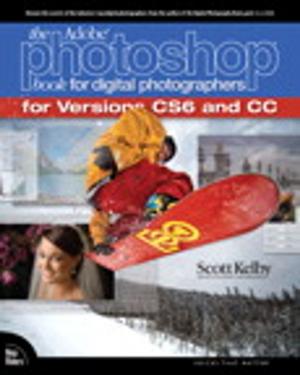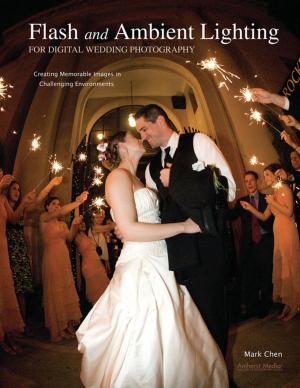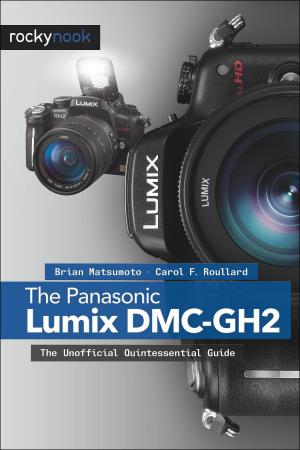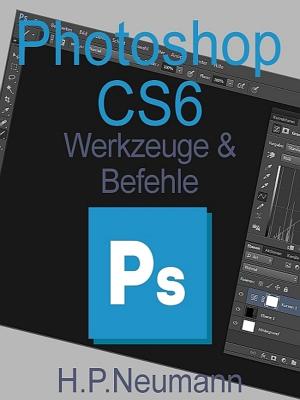Mastering the 3D Photography Cha-Cha
Nonfiction, Computers, Application Software, Computer Graphics, Art & Architecture, Photography, Equipment & Techniques, Techniques| Author: | Michael Beech | ISBN: | 9781311513205 |
| Publisher: | Michael Beech | Publication: | September 25, 2015 |
| Imprint: | Smashwords Edition | Language: | English |
| Author: | Michael Beech |
| ISBN: | 9781311513205 |
| Publisher: | Michael Beech |
| Publication: | September 25, 2015 |
| Imprint: | Smashwords Edition |
| Language: | English |
Don’t you hate it when a 3D photo doesn’t turn out good and there is no way you can go back and recreate the situation? I certainly did. It just made me crazy. So I researched every factor of why 3D’s sometimes turn out poorly and discovered some amazing tricks and secret methods to make every 3D the best it can be. I put everything I learned into this manual. How to make perfect cha-cha (single lens camera) 3D’s, every time is its subject.
Cha-cha stereo is a powerful tool and wonderfully convenient, but it does have shortcomings and numerous problems if not done correctly. How to apply this great technique and ways to avoid the problems are explained in this amazing tutorial. If you wish to vastly increase your rate of success making cha-cha stereos, then this manual is your secret weapon.
Cha-cha style 3D stereo is based on taking a small, measured step to the side, between photos, to create the stereo base. Sounds simple, doesn't it? Unfortunately, in practice it's far from easy. But, done properly it is amazing and there are some tricks and variations that really expand on the concept. In this tutorial you will discover surprising facts about creating easy to align stereo pairs and solve many of the problems that plague you with difficult or impossible to align pairs.
Save yourself a lot of misery and disappointment over 3D's that didn’t turn out. In this manual you will discover the little known techniques that make every 3D turn out super.
Also, the subject of how to use slide-bars to hold your camera in low light situations, such as in museums, is covered. Then several slide-bars are shown to give you some ideas how you can make your own.
This manual assumes you already know the basics of making 3D photos and processing them. You should already know how to calculate the stereo base, which is the amount you want to shift the camera laterally to create a stereo pair (photo) of a scene). If you have those basics, then this manual will advance your 3D skills enormously.
TABLE OF CONTENTS
Cha-cha Stereo, what is it?
Cha-cha Stereo and Its Problems
Time Lapse
Moving Clouds
Errors in Application of Chosen Stereo Base
Rotation of Camera
Tilt, Upward or Downward
Elevation Changes (Non-horizontal Parallax)
Distance Changes
Toe-in/toe-out
Zoom changes
Auto focus errors
Auto exposure errors
On camera flash problems
Cha-Cha . . . How to Do the Dance
Camera Protocol
Side-step
Wide Cha-cha
Twin Tripod Cha-cha
Slide-Bar
Figure: Aluminum Slide-Bar
Wooden Slide-bars
Figure: Short Wooden Slide-Bar
Figure: 40mm Wooden Slide-Bar
Figure: Slide-Bar, End Detail
Figure: Slide-Bar, Detail of Underside
Bonus Feature: The Stereo Photo Glossary is included, FREE
Don’t you hate it when a 3D photo doesn’t turn out good and there is no way you can go back and recreate the situation? I certainly did. It just made me crazy. So I researched every factor of why 3D’s sometimes turn out poorly and discovered some amazing tricks and secret methods to make every 3D the best it can be. I put everything I learned into this manual. How to make perfect cha-cha (single lens camera) 3D’s, every time is its subject.
Cha-cha stereo is a powerful tool and wonderfully convenient, but it does have shortcomings and numerous problems if not done correctly. How to apply this great technique and ways to avoid the problems are explained in this amazing tutorial. If you wish to vastly increase your rate of success making cha-cha stereos, then this manual is your secret weapon.
Cha-cha style 3D stereo is based on taking a small, measured step to the side, between photos, to create the stereo base. Sounds simple, doesn't it? Unfortunately, in practice it's far from easy. But, done properly it is amazing and there are some tricks and variations that really expand on the concept. In this tutorial you will discover surprising facts about creating easy to align stereo pairs and solve many of the problems that plague you with difficult or impossible to align pairs.
Save yourself a lot of misery and disappointment over 3D's that didn’t turn out. In this manual you will discover the little known techniques that make every 3D turn out super.
Also, the subject of how to use slide-bars to hold your camera in low light situations, such as in museums, is covered. Then several slide-bars are shown to give you some ideas how you can make your own.
This manual assumes you already know the basics of making 3D photos and processing them. You should already know how to calculate the stereo base, which is the amount you want to shift the camera laterally to create a stereo pair (photo) of a scene). If you have those basics, then this manual will advance your 3D skills enormously.
TABLE OF CONTENTS
Cha-cha Stereo, what is it?
Cha-cha Stereo and Its Problems
Time Lapse
Moving Clouds
Errors in Application of Chosen Stereo Base
Rotation of Camera
Tilt, Upward or Downward
Elevation Changes (Non-horizontal Parallax)
Distance Changes
Toe-in/toe-out
Zoom changes
Auto focus errors
Auto exposure errors
On camera flash problems
Cha-Cha . . . How to Do the Dance
Camera Protocol
Side-step
Wide Cha-cha
Twin Tripod Cha-cha
Slide-Bar
Figure: Aluminum Slide-Bar
Wooden Slide-bars
Figure: Short Wooden Slide-Bar
Figure: 40mm Wooden Slide-Bar
Figure: Slide-Bar, End Detail
Figure: Slide-Bar, Detail of Underside
Bonus Feature: The Stereo Photo Glossary is included, FREE
